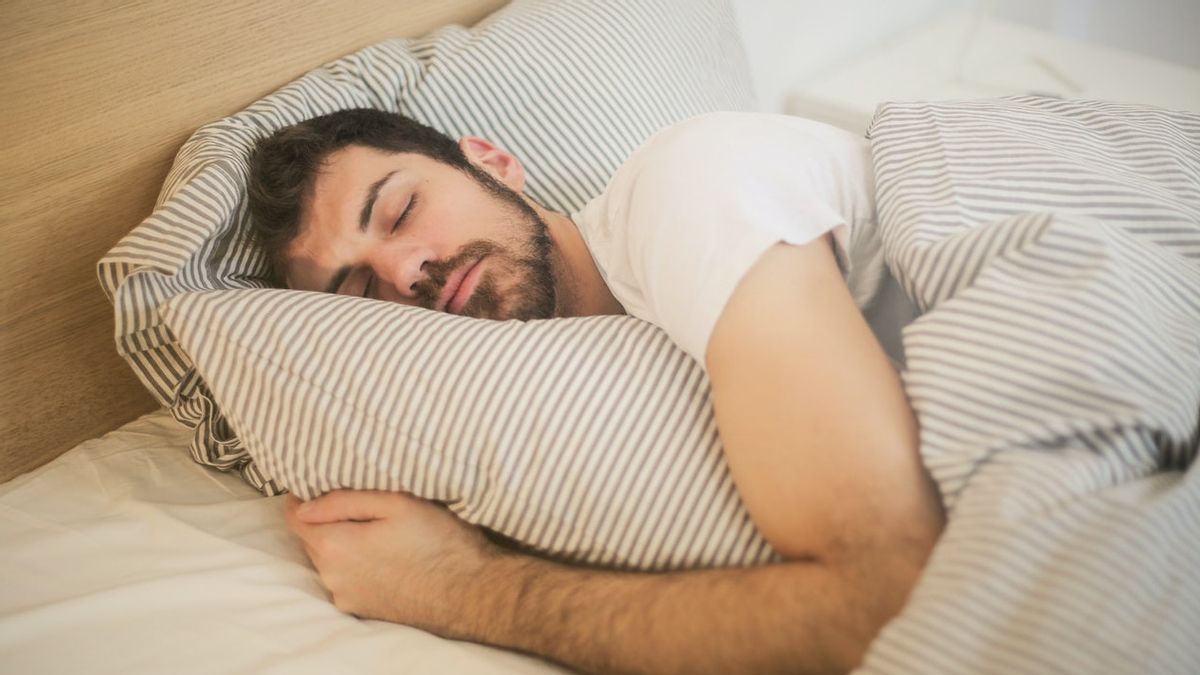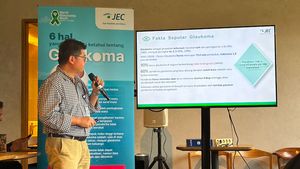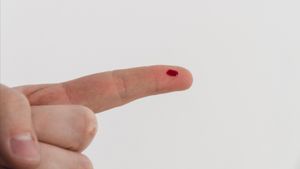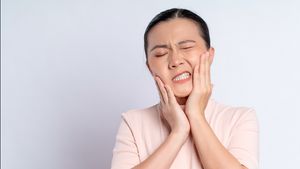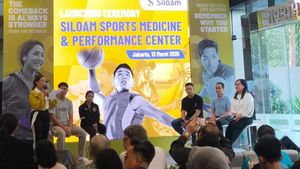JAKARTA - Have you ever felt your body suddenly jolt or startled while sleeping?
Before this condition occurs, you will usually experience a sensation such as falling or being attracted in a dream accompanied by seeing a sudden flash of light followed by a small popping sound.
If like this, you will definitely wake up suddenly even though you almost fell asleep.
Launching information from the Healthline page, this condition is called a hypnagogic jerk or better known as a hypnic jerk.
Hypnic jerk is an event in which the body contracts vigorously, suddenly, and briefly and is usually experienced during sleep.
Hypnic Jerk occurs in the transition period between waking and sleeping. These accidental twitches sometimes resemble the jumps you might experience when you are shocked or afraid.
One study shows that about 70 percent of individuals have experienced this jolt while falling asleep. However, not everyone will wake up immediately after experiencing a hypnagogic jolt.
Even so, this jolt during sleep is not a serious disturbance and should be feared. This is just a common condition and does not cause complications or side effects.
But for people who experience hypnagogic jolt with a condition that is severe enough, it can cause disturbances in walking, talking, or eating.
Until now, not many studies have discussed the hypnic jerk. However, quoted from the Medical News Today page, there are several theories that explain the possible causes of the hypnagogic jolt, namely;
1. Anxiety and stress
Anxious or stressed thoughts and worries can keep the brain active, even as the muscles try to relax while sleeping. This allows the brain to send out warning signals while you are asleep or even while you are sleeping.
2. Stimulants
Caffeine and nicotine can affect the body's ability to fall asleep naturally. Unfortunately, the chemicals in this product can prevent the brain from achieving deep sleep.
3. Sports
Daily physical activity can help you sleep better. However, exercising too close to bedtime can make you more likely to experience hypnagogic jitters.
4. Lack of sleep
Disorders and poor sleep habits may be associated with hypnagogic jolts. Hypnic jerk does not require treatment. Conversely, treatment may be needed to prevent these jolts from occurring.
The English, Chinese, Japanese, Arabic, and French versions are automatically generated by the AI. So there may still be inaccuracies in translating, please always see Indonesian as our main language. (system supported by DigitalSiber.id)
